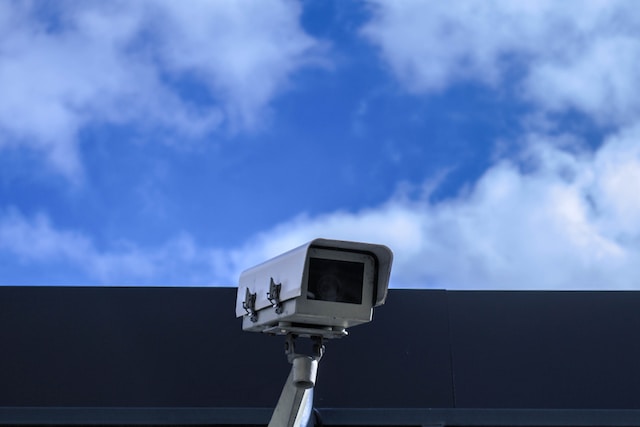The decision to purchase a home security system is one you should make only after careful consideration of your needs. After all, break-ins and burglaries are frightening experiences that can leave you feeling vulnerable and unsafe.
The right security system can keep you and your family safe by providing features like door sensors, video surveillance, and communication options with nannies or delivery people. Here’s how to choose the best system for your needs:
Researching Different Brands and Providers
Home security systems do more than deter burglars; they can monitor the kids and pets, alert you to deliveries and suspicious activity, and even catch those pesky leaky pipes. But with all the options available, how do you choose the right system for your unique needs?
Start by understanding your home’s vulnerabilities. Take note of door and window locations, square footage, and any other potential entry points for criminals. You can then use this information to determine which sensors and detectors are most important for your household.
You should also consider your budget when choosing a home security system. Many providers offer a range of packages and pricing, from DIY to professional monitoring. It’s also a good idea to ask for recommendations from friends and family members with similar security needs or who have used home security systems. Finding a provider with a reliable reputation and a good track record for customer service is essential.
Equipment and Technology
Home security equipment packages vary by brand and price, but they typically feature several sensors and detectors that monitor the home. The hardware includes cameras, door, and window sensors that respond to vibrations and sound frequencies, and a base hub that syncs the devices, allowing you to control them manually or via a mobile app. Some systems also have environmental monitoring, such as smoke or carbon monoxide alarms and water leak detectors.
Other options include outdoor lighting that deters criminals and panic buttons that connect you with law enforcement or your provider in emergencies. Some people use yard signs or stickers as a visual deterrent to thieves, and most providers also offer those items. Lastly, some companies require contracts of up to 60 months, while others provide month-to-month options. The equipment, installation, and monitoring costs will impact your budget. Make sure you understand all of these factors before making a purchase.
Monitoring Options
When choosing home security systems Houston TX, you must consider your monitoring options. Many professionally installed systems require ongoing monthly fees for equipment and monitoring services, often with a contract.
If you opt for professional monitoring, look for a service with multiple monitoring centers so someone will always watch over your home in case of a breach. It’s also a good idea to choose a company with operators who speak multiple languages in case of an emergency.
For those comfortable with self-monitoring, DIY systems offer lower upfront costs but may require a monthly subscription for cloud storage and enhanced features. Some of these devices also have smart home capabilities that allow you to control other aspects of your home from afar, including locking and unlocking doors or changing the thermostat. You may be eligible for homeowner’s insurance discounts depending on the security provider.
Budget
The costs associated with home security systems vary significantly, depending on the type of equipment selected and whether or not professional monitoring services are chosen. However, prices usually boil down to a combination of one-time purchases and monthly fees for service and connectivity.
Several brands offer affordable packages that include the most necessary equipment for those who prefer to monitor their systems through mobile apps. These packages typically don’t require professional installation and may not require a contract.
Other factors to consider when selecting the right home security system for your needs include the threats you face in your area. If burglaries are common, consider prioritizing equipment like door and window sensors or motion detectors. Similarly, those living in a flood zone might prefer a system that includes water and carbon monoxide monitoring. To integrate your design into your smart home, look for options that work well with third-party devices like smart thermostats and lighting.



